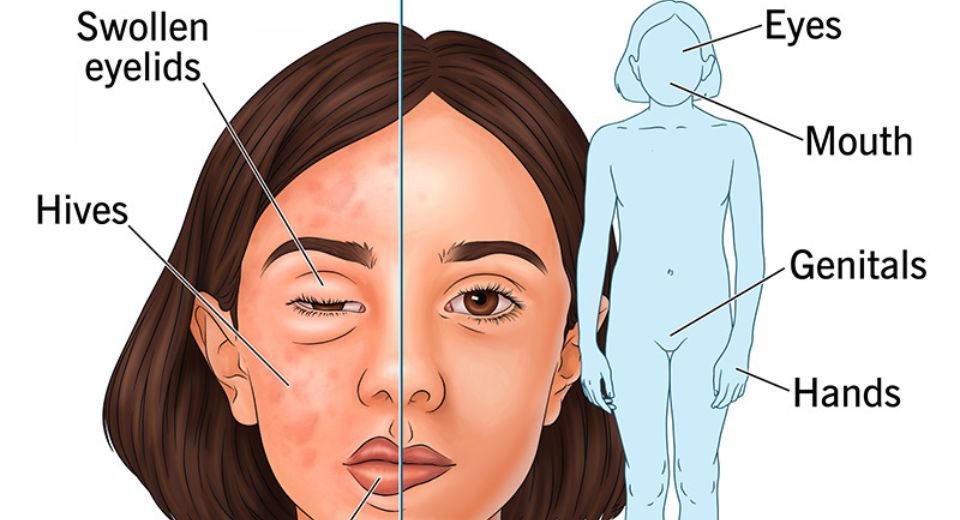HQ Team
July 7, 2025: KalVista Pharmaceuticals Inc.’s medicine to treat hereditary angioedema, a rare disease that causes sudden and severe swelling attacks in the body, got approval from the US regulator.
The US Food and Drug Administration cleared the oral pill for people aged 12 and older, and it can be taken as soon as the patients feel a swelling attack is about to start, according to a statement.
Before the pill, sebetralstat or branded as Ekterly, all emergency treatments had to be given by injection or taken intravenously in the US for patients with hereditary angioedema, which can be difficult and delay the treatment.
Even with the use of long-term prophylaxis as a preventative therapy, most people living with the disease continue to have unpredictable attacks and require ready access to on-demand medication.
Relief in 1.3 hours
Data from an end-stage clinical trial demonstrated “rapid symptom relief and attack resolution regardless of attack severity, location, age, or use of long-term prophylaxis, and a well-established safety profile.”
The study showed that people who took Ekterly felt relief from symptoms much faster than those who took a dummy pill. Most people could treat their attack within 10 minutes of symptoms starting, and relief often began within about 1.3 hours.
“Ekterly enables people to treat attacks the moment symptoms begin, wherever they are,” said Ben Palleiko, CEO of KalVista. The FDA approval of the pill is a “defining moment” for people living with hereditary angioedema, he said.
Hereditary angioedema is a disorder characterised by recurrent episodes of severe swelling (angioedema). The parts of the body that are most often affected by the swelling are the limbs, face, intestinal tract, and airway.
Treat attacks early
Minor trauma or stress may trigger an attack, but swelling often occurs without a known trigger.
Episodes involving the intestinal tract cause severe abdominal pain, nausea, and vomiting. Swelling in the airway can restrict breathing and lead to life-threatening obstruction of the airway.
About one-third of people with this condition develop a non-itchy rash called erythema marginatum during an attack.
“Having an oral option empowers patients to treat attacks early, which aligns with treatment guidelines and advances our goal as physicians to reduce the overall burden of disease,” said Marc A. Riedl, MD, an investigator for the phase 3 trial.








